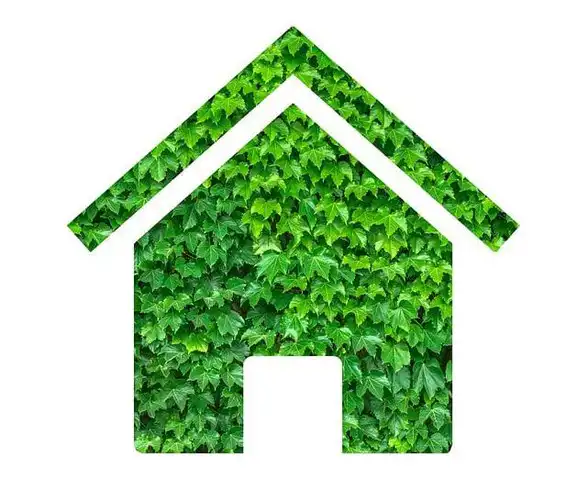
It’s been months now since South Africa last experienced loadshedding, but don’t discard the rechargeable lights yet – it’s unlikely that we’re out of the woods for good.
And while the country’s electricity crisis may be on hold for the moment, we need to be thinking about greener energy alternatives as a matter of course, not just in response to rolling blackouts.
Choosing greener alternatives is essential for the wellbeing of the planet, but when it comes to property, it’s also positive for your pocket in the long run.
Energy efficiency
Thousands of South African households have installed a solar system in recent years. “In South Africa the sun shines for the equivalent of a third of the year – that’s a lot of solar energy to harness, which is why solar makes great sense,” says Steven van Rooyen, Principal at Leapfrog Milnerton.
While the cost of installing a household solar system has come down, it still requires a significant capital outlay. “There is no doubt that solar adds value to a property. When you choose to sell, it will be one of the main drawcards of the property. It’s a good thing to do for the planet, for your property and your pocket,” Van Rooyen believes.
There are a number of financing options now available and it certainly helps to take a long-term view and do the calculations to see how much you’ll save on your monthly electricity bill and how long it will take to recover the total cost.
Water wise
Despite good rain over the last couple of months, it’s important to remember that South Africa is, generally, an arid region which means we need to conserve water as far as possible. At home this means both behavioural and structural change.
Water tanks are among the easiest ways to save water at home, and it’s relatively inexpensive to do.
It’s a good idea to opt for a more sophisticated system that allows water to run off from the roof and gutters into the tank, rather than just having a tank that it needs to be rained into. This water can then be used for watering the garden, washing cars or even flushing toilets, if you want to connect it that way.
The latter, especially, also adds value to a property. Van Rooyen says that increasingly buyers are looking for homes with existing features and amenities that help – in whatever small way – to lighten our load on the planet.
“Don’t discount the cumulative effect of small changes like switching to a low-flow shower head and toilet, or choosing indigenous plants that require less water for the garden. It’s a cliche but every drop counts,” Van Rooyen adds.
Second time around
The greenest product is the one that already exists. This is especially true when it comes to building materials. Bricks, timber, sand, clay and metals are all examples of items that can often be reused in some way.
Consider using recycled materials when renovating, for example, and remember that things like window frames, sanitaryware, doors and fireplaces can easily be upcycled, often at a fraction of the cost too.
Even seemingly small green property features can benefit sellers when they put a property on the market. “Buyers definitely find properties with some green considerations more appealing, and often don’t mind paying a slight premium if that means it comes with water tanks, a solar system or an established indigenous garden,” concludes Van Rooyen.
Author: Leapfrog Property Group

